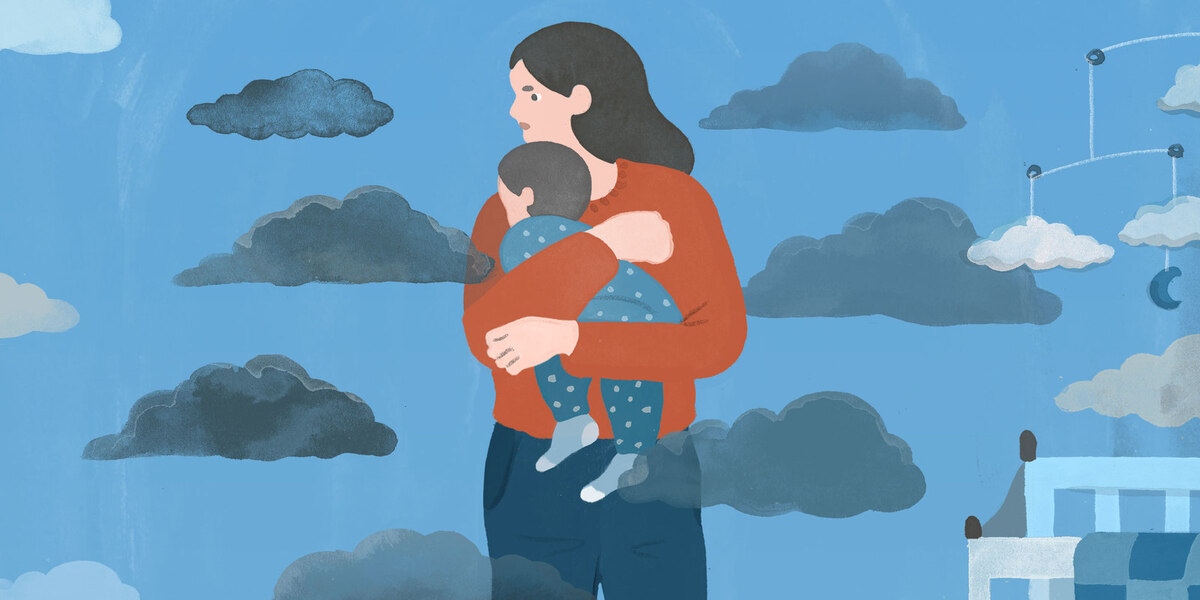Discover how AI chatbots are stepping up to offer crucial support to mothers battling postpartum depression! Let’s dive into this initiative.
Addressing the critical shortage of mental health providers for women dealing with postpartum depression, researchers at the University of Texas are pioneering a solution that harnesses the power of artificial intelligence.
AI Chatbots Aid To Support Postpartum Depression In Women
Collaborating with nonprofit organization Postpartum Support International, the team is testing an innovative AI-chatbot available through a free app, aiming to provide much-needed support to women in their postpartum journey.
The chatbot’s algorithm is thoughtfully trained to handle a range of common postpartum questions and challenges. From personal connection struggles to breastfeeding issues, the AI-chatbot offers empathetic and informative responses.
This initiative seeks to not only bridge the gap in access to care but also address the stigma often associated with perinatal mood and anxiety disorders (PMADs), which has been a significant barrier to seeking help.
Miriam Mikhelson, one of the researchers, shared that many women felt misunderstood and invalidated in their struggle with postpartum depression. The traditional avenues for care often fell short in addressing their unique needs.
The AI chatbot, with its ability to offer personalized and stigma-free assistance, aims to create a supportive environment where women can freely discuss their concerns.
The University of Texas highlighted the significance of their project, mentioning that insights gained from conversations with a diverse group of mothers will enhance understanding of the kinds of support they require.
By delving into the social and cultural dynamics that shape these women’s needs, the project aims to develop a robust chatbot logic structure that truly resonates with its users.
The symptoms of post-partum depression can be complex. Recognizing this, the AI chatbot has the potential to provide tailored guidance and resources for each individual’s unique experience.
This technology can serve as a valuable resource for reaching women in rural areas, where access to mental health care is often limited.
However, the project isn’t without its challenges. As Michiel Rauws, CEO of Cass, an AI startup focusing on mental health, pointed out, the reliance on an app can be limiting, especially in areas with inconsistent internet connectivity or smartphone access.
To ensure its effectiveness, integration with existing care pathways is crucial. Rauws emphasized the importance of a seamless transition to human support when needed.
While AI-chatbots like these hold promise in providing support to women struggling with postpartum depression, experts like Dr. Monte Swarup underline that they should be viewed as complementary tools, not substitutes for professional treatment and therapy.
As this innovative AI-driven initiative takes shape, it has the potential to significantly impact the lives of women grappling with postpartum depression, offering them a reliable source of information, comfort, and understanding.
Share your thoughts in the comments below!








Leave a Reply
You must be logged in to post a comment.